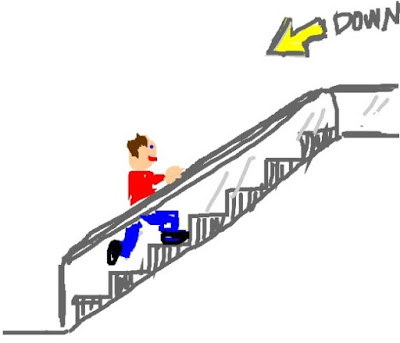
After strong moves to start the year, the capital markets continue to consolidate. Many observers are suggesting a fundamental narrative behind the loss of momentum, but in discussions with clients and other market participants, it seems as if the main source of caution is coming from an understanding of market positioning rather than a reevaluation of the macro drivers. Â
Speculators are carrying large long dollar positions in the futures market, and nearly everyone seems bullish. Similarly, the bears have a record short position in US 10-year note futures and a near-record long position in the light sweet crude oil futures. Â
The news stream also has not been particularly notable. Yes, the data suggest that the main economies finished last year on a firm note.US wage growth accelerated in December, though given the base effect, it is unlikely to sustain those gains this month. OPEC may be making good on its promise to cut output, while the US rig count continues to rise ( ~100 since the end of Q3).Although Prime Minister May eschews the terminology, investors are pricing in a harder Brexit, by which is meant, one that sees the UK lose access to the single market. Â
Two pieces of economic news today helps round out the macro picture. First, France reported a strong November industrial output figure that will help boost expectations for Q4 GDP, and the aggregate eurozone industrial production when reported later this week.French industrial output was up more than four-times what the Wall Street Journal survey expected.The 2.2% gain follows two contracting months and declines in five of the past six months. Â
Manufacturing was particularly strong with a 2.3% month-over-month increase. Gains were broad based but especially strong in coking and refining (6.3%), transportation materials (3.4%), and agriculture (1.3%).Construction was an exception. The data, on balance, is unlikely to change the political climate, where the first round of the presidential election is still a few months away. Still, it is important to recognize that the political surprises last year (UK and US) were in two major economies that have generally fared among the best since the financial crisis, and were experiencing what economists believe to be near full employment. Â

